Tags: Oxygen

Slowing Down Banana Spots by Decreasing Oxygen Could Mitigate Food Waste, Study Claims
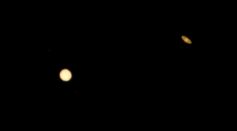
Jupiter’s Moon Europa 'Provides' Oxygen To Its Ocean; Is The Lunar Surface Habitable?
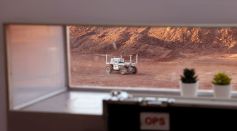
Humans Can Breathe On Mars Through Bacteria's Help, Scientists Say
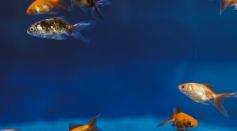
Cavefish Survives in Deep Caverns for Long Periods, How Can It Endure Low-Oxygen Environment?

ESA Wants To Make A Device That Uses Martian Soil To Farm Oxygen In Mars

NASA's Moxie Aims to Make Air in Mars Breathable Instead of Transporting Oxygen from Earth

Low-Cost Catalysis Introduced a New Study Showing How to Split Water Molecules Apart for Oxygen Production
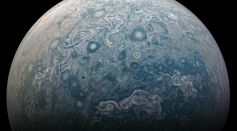
Energetic Oxygen Ions Found in Jupiter's Inner Radiation Belts Could Reveal the Role of the Planet's Moons on Ion Sources
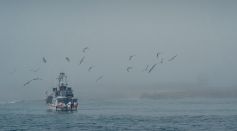
MIT Experts Developed Fully-Detailed Atlas of Oxygen-Deficient Zones in Earth's Oceans
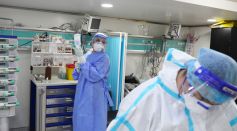
Amrita Institute of Medical Sciences (AIMS) in Kochi, India, Becomes the First Hospital in the World to Carry Out Bilateral Upper Limb Transplant Using HEMO2life®
Oxygen on Moon Surface: Australian Space Agency, NASA Partner to Collect Lunar Rocks That Will Keep Billions Alive for 100,00 Years

People With Sleep Apnea Are at Higher Risk of COVID-19 Infection, More Vulnerable to Death

Massive Asteroids, Comets Once Bombarded Earth That Altered Oxygen Levels in the Atmosphere
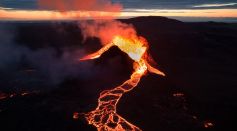
Volcanoes Provide Earth's Atmosphere First Oxygen 100 Million Years Earlier Than Great Oxidation Event

Younger Earth's Slower Spin Leads to Longer Days That Triggers More Photosynthesis Allowing Oxygen Build Up

Is Earth’s Slowing Rotation Causing An Oxygen Surge? Lake Huron Sinkhole Might Have the Answer
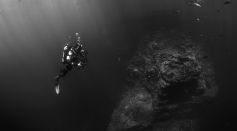
Loss of Oxygen in Oceans Detrimental to Marine Life; Scientists Show How Deoxygenation Rapidly Affects Reef Ecosystem

Freedivers Beat Seals During Deepest Dive at Depths of 107 Meters, Study Found

Oxygen in Freshwater Lakes Disappearing, Marine Life Threatened?

MOXIE Makes It Big in Producing Breathable Oxygen on Mars
Most Popular

Viruses vs Bacteria: Key Differences, How They Spread, and How We Treat Them

Recycling Myths vs Facts: What Actually Gets Recycled and How to Do It Right

How Ice Cores Reveal Climate History: Insights from Paleoclimate Science and Ancient Data

What Is Conservation Biology? Key Strategies to Protect Species and Habitats





